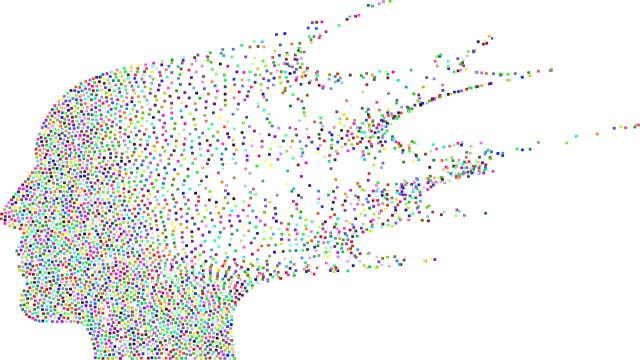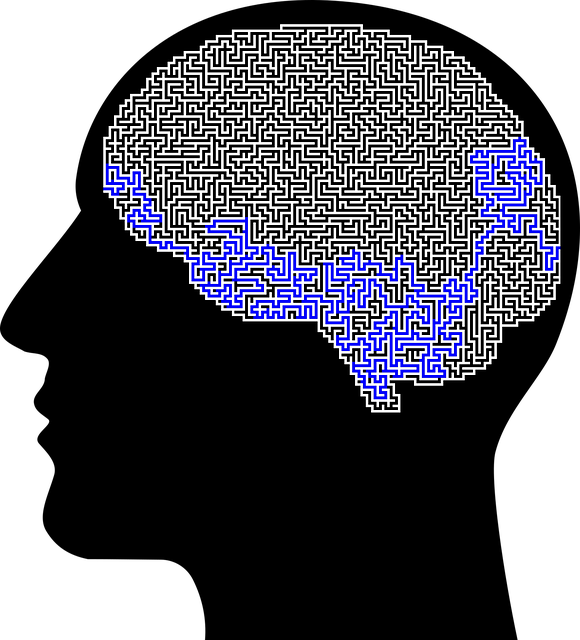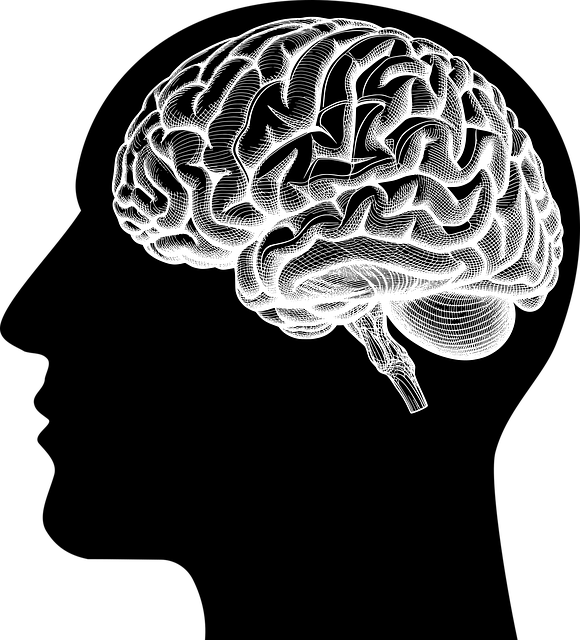Understanding Mental Health Data is crucial for improving individual and community well-being, as demonstrated by Highlands Ranch Stress Management Therapy. Through surveys, clinical assessments, and electronic records, data categorized by symptoms, diagnoses, and demographics reveals stress triggers and emotional intelligence themes. Advanced statistical techniques like regression and cluster analysis help predict outcomes and guide evidence-based practices, influencing Mental Health Policy and Advocacy. Interpreting results provides insights into coping strategies, effective interventions, and societal factors affecting mental health. At Highlands Ranch Stress Management Therapy, data analysis personalizes therapy sessions for trauma, anxiety, and depression, fostering resilience and empowering emotional well-being management. Success is measured using both quantitative and qualitative assessments over time, allowing continuous improvement of therapeutic techniques and services.
Mental health data analysis is a powerful tool for understanding complex psychological trends. In this article, we explore how healthcare professionals in Highlands Ranch Stress Management Therapy utilize data to improve patient care. From collecting and categorizing mental health data to applying statistical techniques for deeper insights, we delve into the process of interpreting results that uncover patterns and inform therapeutic practices. By measuring success and continuously improving services, Highlands Ranch sets a benchmark for effective mental health care.
- Understanding Mental Health Data: Collect and Categorize
- Statistical Analysis Techniques for Deeper Insights
- Interpreting Results: Uncovering Patterns and Trends
- Integrating Findings into Therapy Practices at Highlands Ranch Stress Management
- Measuring Success and Continuous Improvement
Understanding Mental Health Data: Collect and Categorize

Understanding Mental Health Data is a crucial first step in any analysis process. When it comes to mental health, data can provide valuable insights into individual and community well-being. Collecting this data involves various methods, from self-reported surveys to clinical assessments and electronic health records. The initial phase includes gathering information on symptoms, diagnoses, treatment types, and demographics, ensuring a comprehensive view of the population’s mental health landscape.
Categorizing these data is an art and a science. By organizing responses and observations, researchers and therapists can identify patterns and trends. For instance, in Highlands Ranch Stress Management Therapy, categorizing data might reveal specific triggers for stress or common emotional intelligence themes among patients. This process allows professionals to tailor interventions, offering Self-Awareness Exercises and Mind Over Matter principles to address unique needs, ultimately fostering better mental health outcomes.
Statistical Analysis Techniques for Deeper Insights

In the realm of mental health data analysis, various statistical techniques can be employed to uncover deeper insights and trends, enhancing our understanding of psychological well-being – especially in diverse communities like Highlands Ranch Stress Management Therapy areas. One such powerful tool is regression analysis, which allows researchers to identify relationships between variables, enabling them to predict and explain the factors contributing to mental health outcomes. This technique is invaluable for policymakers and therapists alike, as it can reveal correlations between stress levels, social support networks, and various therapeutic interventions, ultimately guiding evidence-based practices in Mental Health Awareness initiatives.
Additionally, factor analysis and cluster analysis offer unique perspectives. Factor analysis helps in identifying underlying dimensions or factors within a dataset, simplifying complex mental health profiles, while cluster analysis enables the grouping of individuals with similar characteristics, facilitating personalized Compassion Cultivation Practices tailored to specific populations. These advanced statistical methods contribute significantly to Mental Health Policy Analysis and Advocacy by providing data-driven insights that can influence policy decisions and shape more effective strategies for supporting community well-being.
Interpreting Results: Uncovering Patterns and Trends

When analyzing mental health data, one of the critical steps is interpreting the results to uncover meaningful patterns and trends. This involves sifting through quantitative and qualitative information to identify correlations and outliers that can shed light on various aspects of mental well-being within a population or specific groups, such as those seeking Highlands Ranch Stress Management Therapy. By delving into data, therapists and researchers can gain valuable insights into the prevalence of particular conditions, the effectiveness of interventions, and even societal factors influencing mental health.
For instance, analyzing trends in mood management over time could reveal successful coping skills development strategies. Similarly, examining burnout prevention strategies for healthcare providers might highlight effective practices to mitigate stress levels and improve overall well-being. These insights can inform tailored approaches, from personalized therapy sessions to community-wide initiatives, ultimately fostering healthier minds and stronger support systems, such as those found in the context of Highlands Ranch Stress Management Therapy.
Integrating Findings into Therapy Practices at Highlands Ranch Stress Management

At Highlands Ranch Stress Management Therapy, integrating data analysis findings is revolutionizing treatment approaches. By leveraging Mental Health Policy Analysis and Advocacy to interpret trends and patterns in patient data, therapists gain valuable insights into individual needs and treatment efficacy. This enables them to tailor therapy sessions, offering personalized support for issues like trauma, anxiety, and depression. The integration of advanced data analysis techniques goes beyond traditional practices, enhancing Emotional Well-being Promotion Techniques and ensuring more effective care.
The result is a dynamic and adaptive therapeutic environment where treatments are evidence-based and aligned with the unique emotional landscapes of each client. This data-driven approach not only improves short-term outcomes but also fosters long-lasting resilience, empowering individuals to manage their mental health effectively within the supportive community of Highlands Ranch Stress Management Therapy.
Measuring Success and Continuous Improvement

Measuring success in mental health data analysis is a multifaceted process that goes beyond simple numbers. It involves evaluating both the quantitative and qualitative outcomes of therapy, including improvements in symptoms, client satisfaction, and changes in emotional healing processes. By adopting Highlands Ranch Stress Management Therapy techniques, professionals can assess whether interventions are effectively promoting emotional well-being. This involves tracking progress over time using standardized measures, such as validated questionnaires that gauge anxiety levels, depression symptoms, and overall mental health.
Continuous improvement is a key aspect of successful therapy. Regular data analysis allows practitioners to identify areas where clients may be struggling or where specific techniques, like Mind Over Matter principles, could be more effective. This feedback loop enables therapists to adapt their approaches, ensuring that each client receives personalized care tailored to their unique emotional healing processes. Through these measures and continuous adjustments, mental health services can evolve to better support those seeking help.
Mental health data analysis plays a pivotal role in enhancing therapeutic practices, particularly at Highlands Ranch Stress Management Therapy. By understanding, collecting, and interpreting various mental health metrics, therapists can gain valuable insights into client outcomes and treatment effectiveness. Statistical analysis techniques enable the discovery of patterns and trends, leading to informed decisions for improving therapy strategies. This approach ensures that treatments are tailored to individual needs, ultimately fostering better mental well-being among clients at Highlands Ranch Stress Management Therapy.











